Religion can carry a lot of weight when you’ve experienced it through the lens of shame, fear, or control.

Healing that relationship doesn’t mean you have to return to old practices, or reject them entirely. It just means you’re starting to approach spirituality, belief, or even just curiosity in a way that feels safe and steady again. Here are some subtle but telling signs you’re building a healthier connection with religion after going through something painful with it.
1. You no longer feel anxious just hearing religious language.

Words like “prayer,” “God,” or “church” used to instantly trigger discomfort or flashbacks. Now, you might hear them and just… keep breathing. That tension is loosening, and it’s not taking over your whole body anymore. That doesn’t mean you’re totally healed. It means you’re starting to separate past harm from present reality. You’re noticing where language ends, and your personal power begins, and that’s huge progress.
2. You question what you were taught instead of fearing it.

In many religious upbringings, questioning was framed as rebellion—or worse, sin. Now, you’re starting to ask: Does this actually feel right for me? Do I believe this, or was I just told to? Being able to think critically without spiralling into guilt is a clear sign your relationship with belief is maturing. You’re building something real, not just something inherited or imposed.
3. You’ve stopped trying to earn worth through religious performance.

If you were taught that being good meant constant self-sacrifice, obedience, or suppression, you might’ve spent years performing righteousness to feel loved. Letting that go is a deep shift. You’re realising you don’t have to prove anything to be worthy. Your value isn’t tied to following a checklist. You’re allowed to exist and still be spiritual, even on your messiest days.
4. You feel more connected to love than fear.

Fear-based religion leaves people hypervigilant, scared of punishment, and constantly trying to avoid being wrong. But when you start finding spiritual peace, that fear starts to lose its grip. You’re drawn more to compassion, forgiveness, and grace—towards yourself and other people. You’re no longer driven by the idea that one misstep will ruin everything. You’re guided by love, not haunted by fear.
5. You let go of people-pleasing in religious spaces.

For a long time, showing up to services or conversations meant putting on a face. Smiling through discomfort. Saying what other people wanted to hear just to keep the peace or avoid confrontation. Now, you’re more honest. You speak your truth, even if it’s messy. You’re no longer shrinking to be accepted, and that means your presence is finally your own, not a performance to earn belonging.
6. You define your own spiritual practices.

Maybe you still pray, but now it’s in your own words, not memorised lines. Maybe you light candles, meditate, go on walks, or simply sit in quiet reflection. You’ve created something that feels right to you. That kind of spiritual freedom means you’re no longer stuck in rituals that felt empty or harmful. You’re giving yourself permission to explore, reconnect, and rebuild in a way that actually nourishes you.
7. You feel less triggered by other people’s beliefs.
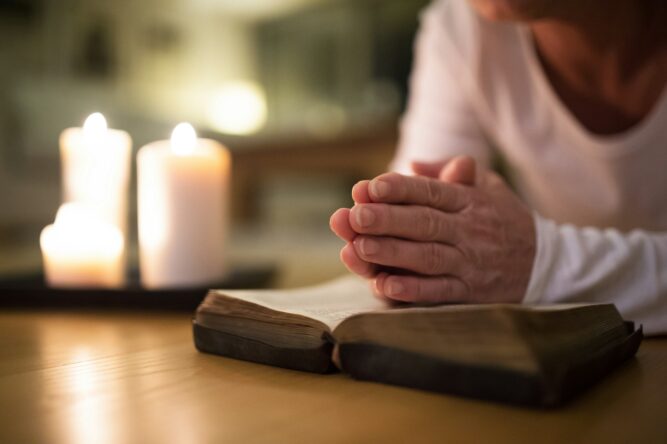
After trauma, seeing other people practise the faith that hurt you can stir up anger or grief. However, as time goes on, that emotional charge softens. You start to separate their path from yours without feeling threatened by it. Now, someone else’s belief system doesn’t automatically feel like a weapon. You can respect their journey, even if it’s not for you. That peace means your nervous system is healing from past harm.
8. You’ve made peace with not having all the answers.
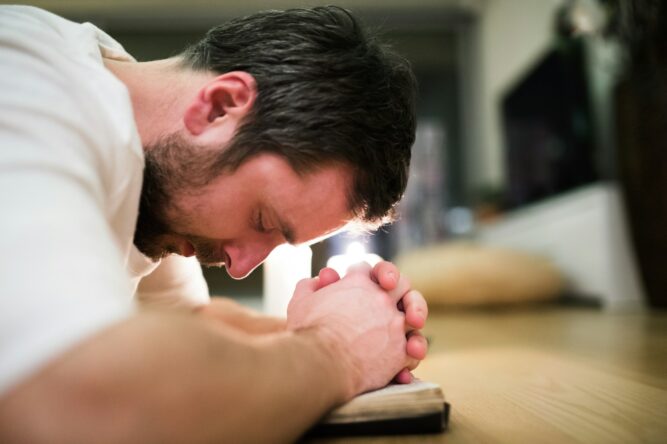
Rigid religion often relies on black-and-white certainty. Of course, as you heal, you start to feel okay with not knowing everything. You accept that doubt isn’t failure—it’s part of being human. There’s a strange relief in admitting you don’t have it all figured out. Faith becomes something curious and open, not a rulebook or a test. You’re making space for mystery instead of trying to control every outcome.
9. You’ve found new language for what you believe.
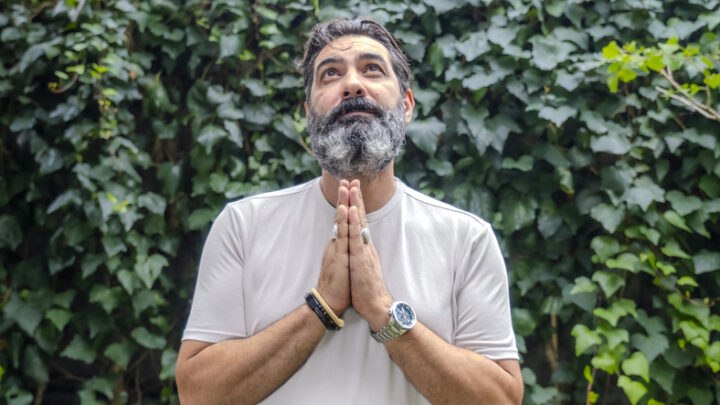
The old terms may not feel right anymore, but new ones are starting to click. Maybe it’s “spiritual,” “energy,” “divine,” or something personal you can’t quite name. You’ve stopped forcing it to sound a certain way. The change shows that your connection to meaning is becoming yours again. You’re not borrowing words that never fit. You’re crafting a language that actually reflects your experience, and it feels lighter.
10. You’ve started trusting yourself again.

Religious trauma often teaches people to distrust their gut. You were told to ignore discomfort and just obey. Now, you’re learning to listen to your inner voice without second-guessing it every time. That growing trust in yourself is one of the clearest signs you’re healing. You’re no longer outsourcing every decision to external authority. You’re learning to sit with yourself and believe what you know inside.
11. You’re reclaiming the parts of religion that still comfort you.

Healing doesn’t always mean walking away completely. For some, it means revisiting rituals or scriptures that used to bring comfort, but now doing it on your own terms, without the old pressure attached. Maybe you find peace in a hymn, a prayer, or a sacred text—but without the shame it used to carry. That quiet return to softness means you’re taking back something that once belonged to you before it was misused.
12. You no longer assume all religious people are harmful.
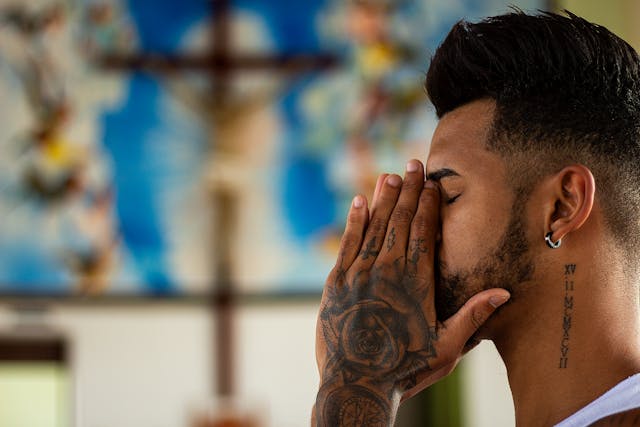
After being hurt, it’s easy to paint everyone in that world with the same brush. But slowly, you’re starting to see nuance. Some people use religion to control; others use it to love, heal, and connect. Being able to tell the difference without becoming bitter is a sign of real growth. You’re no longer stuck in fear or defensiveness. You’re choosing discernment over generalisation, which frees you to connect again (if and when you’re ready).
13. You’ve started to feel safe in your own spiritual skin.
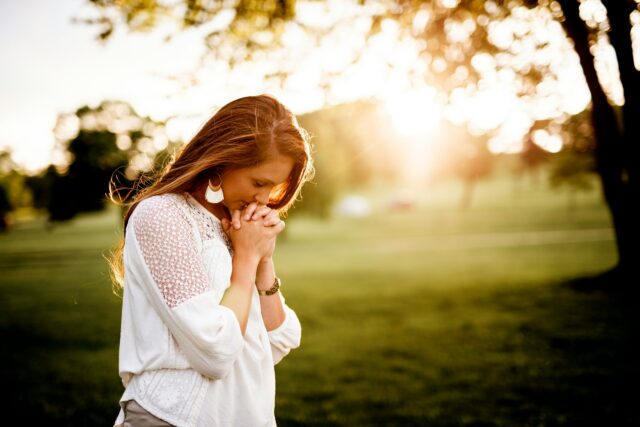 Source: Unsplash
Source: Unsplash Maybe you’re not sure what you believe yet. Maybe it’s still complicated. However, even with all that, you’ve stopped apologising for where you stand. That sense of quiet safety within yourself is a powerful shift. Spiritual safety doesn’t mean perfection—it means you feel like your heart and soul are allowed to exist without constant fear of punishment or rejection. That peace is the foundation of everything else you’re rebuilding.




